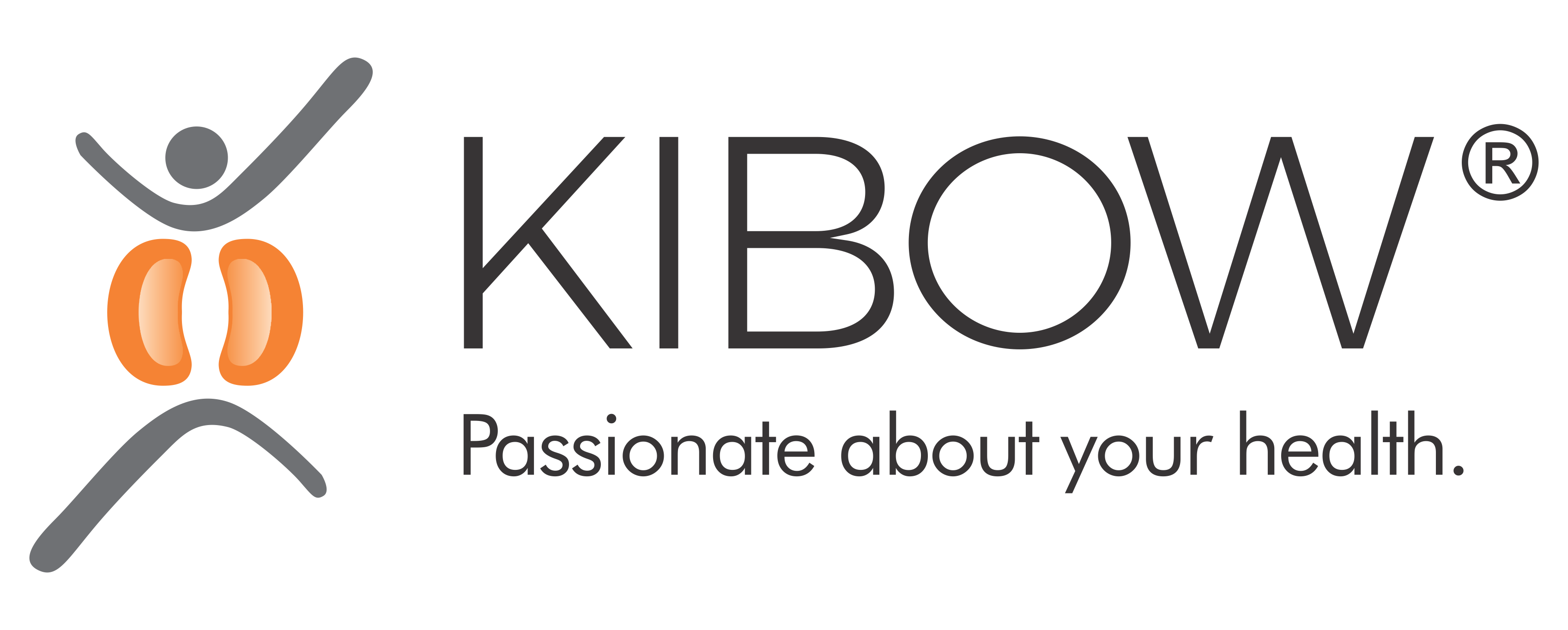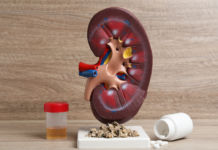The views expressed in this article are not necessarily those of The Hope or Kibow Biotech.
In order to comprehensively address chronic kidney disease, it is important to look at it from many different angles. A holistic approach to CKD can include supplements, dietary changes and lifestyle changes. Many patients are very diligent with supplements and follow their diet closely, but lifestyle factors are often overlooked. Chief among the important lifestyle factors is sleep. A good night’s sleep is essential for kidney patients and our healing process.
Many of the kidney patients I talk to have long standing issues with insomnia. For others insomnia only started once the kidney function started to decline. Addressing insomnia is crucial for kidney patients to feel their best during their waking hours, and is often the missing element in a kidney patient’s protocol.
Insomnia comes in many forms. There is onset insomnia with which it is hard to fall asleep, and maintenance insomnia, meaning it is hard to stay asleep. There is also non-refreshing sleep with which the person feels tired despite having had a full night’s sleep. Kidney patients seem susceptible to all 3 types. In practice I often see onset insomnia, though with getting up during the night to urinate, maintenance insomnia is also common.
The reasons for insomnia are not always clear but we can identify some contributing factors:
- High blood pressure
- Low melatonin
- High cortisol
- Day/night habits
- Medications
- Lack of exercise
- Cutting out dairy products
High blood pressure is part of the body’s fight or flight response. When we need to respond quickly to an immediate threat our heart beats faster and blood pressure goes up. This is an appropriate response and blood pressure should go back to baseline once we’ve calmed down. Kidney patients, however, often have a high baseline blood pressure or highly variable blood pressure. Part of unwinding at night when we’re getting ready for bed is transitioning from fight or flight mode to rest and relax. Managing our blood pressure, particularly nighttime blood pressure, is very important to help with chronic insomnia.
In the evening the body releases melatonin. This helps lower blood pressure and induce sleep. Melatonin is well-known as the sleep hormone, but in addition this important antioxidant has wide ranging effects. Melatonin can influence eye health, bone density, acid reflux, response to insulin and cardiovascular health as well as kidney health. It has been demonstrated that many CKD patients are low on melatonin. In order to know your level for certain you would need to run a blood test during the night, but for CKD patients with chronic insomnia we may infer that the melatonin levels are suboptimal. It is also worth noting that melatonin levels decline with age.
While melatonin levels are going down another hormone is going up and that is cortisol. A surge of cortisol in the morning wakes us out of bed, just like a surge of melatonin at night tells the body to go to sleep. Cortisol is the hormone of wakefulness as well as the stress hormone. It’s the only hormone that increases with age. Cortisol makes us put on weight around the mid-section and most of us by age 40 feel this effect of cortisol to some degree.
High levels of cortisol can make it hard to sleep. Under intense stress we may have spikes of cortisol in the middle of the night, making it hard to stay asleep. Most of us have experienced waking every 2 hours during the night when feeling particularly anxious. This nighttime vigilance may have had survival value when being a light sleeper could alert you to danger or a baby crying, but for many kidney patients it makes a full night’s sleep harder.
There are some natural supplements that help with cortisol levels. However, managing cortisol is often about managing our stress response. For post-traumatic stress disorder, working with a therapist is often helpful. For every day stress prayer, meditation, yoga, music and having a pet can help.
Another approach to insomnia is light therapy. For most of human history, people didn’t get up to an alarm clock but rose with the sun. That dose of full spectrum light was the signal to wake up. Our bodies have an internal clock and external cues like sunlight help keep this clock on track. Many kidney patients have a dysregulation of their circadian rhythm feeling energetic at night and are easily able to sleep in all morning.
Bright light therapy is an approach used by sleep clinics to help regulate the day/night cycle. Natural sunlight would be ideal but for many of us sunlight is limited for a good part of the year. A bright light box is readily available online. This supplies full spectrum light which goes to the back of the eye and signals to the brain. The brain knows this is daytime, time to be up. Doing this consistently around 7 a.m. every morning, creates a daily rhythm, making sleep at night much easier.
We can’t always control when we fall asleep but we can control when we wake up. Going to bed before you’re tired can be a frustrating exercise in futility. Rather than trying to force sleep, it’s better to focus on waking consistently at the same time every morning. A bright light box can be a good part of a morning routine which helps the body allow sleep as night falls.
Another cause of insomnia for kidney patients comes directly from prescription medications most notably prednisone and beta blockers. Blood pressure control is important for kidney patients, but unfortunately many of the medications can cause insomnia such as alpha blockers (clonidine) and beta blockers (atenolol). Other medications that may influence sleep include antidepressants, antihistamines, and statins for cholesterol. It’s important to never abruptly stop a medication, especially a blood pressure medication, but always your doctor about finding the option that works best for you.
For kidney patients battling fatigue, many of us are resistant to exercise. But sleep is much harder if you’re not physically tired. Many of us feel like we’re never fully awake or fully asleep but simply dragging our way through the day. Also making time for exercise can be difficult when it’s hard to simply get through the basic activities of daily life. But if patients set aside a half hour every day for mild exercise, it can often result in better sleep quality at night.
Finally the old adage of warm milk before bed is true. Whether it is due to the amino acid tryptophan or melatonin content, milk helps us feel sleepy. It doesn’t seem to matter the temperature, but full fat dairy is preferred. Many kidney patients cut out dairy products to reduce kidney stress, but is it necessary to completely cut all dairy out? Many kidney patients notice when they cut out all dairy products, sleep is even more elusive.
All protein foods create stress for the kidneys, but protein is essential for life. Dairy products do not drive up uric acid levels like meat, eggs and seafood do. Some dairy products like kefir and whey may actually benefit the kidneys. It is important to note that dairy products can vary widely in their phosphorus content. A 1-inch piece of fat-free American cheese has 149 mg of phosphorus, but a 1-inch piece of brie has 32 mg of phosphorus. It’s possible to incorporate a moderate amount of dairy products into our evening routine without compromising kidney health.
In conclusion chronic insomnia can rob kidney patients of their quality of life. There are many factors that can aggravate insomnia in kidney patients. Addressing some of these underlying issues can help patients get back to a normal sleep/ wake rhythm. Sleep is the body’s reset button and a full 8 hours of restful sleep will help kidney patients feel their best and dramatically improve their quality of life.
Sponsor: Kibow Biotech® 
About the author, Dr. Jenna Henderson





